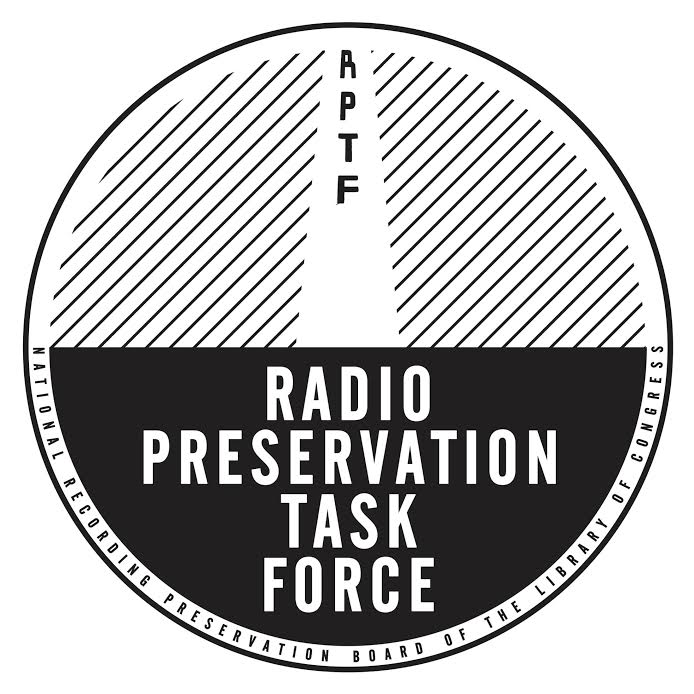
Announcement of national conference for the Radio Preservation Task Force of the Library of Congress, February 25-27, 2016.
Read more »

Announcement of national conference for the Radio Preservation Task Force of the Library of Congress, February 25-27, 2016.
Read more »

Laura LaPlaca writes about the material resilience of broadcast history from the perspective of a collector and archivist, discussing the importance of acknowledging the stuff that radio and television leave behind, especially in the face of an overwhelming emphasis on the "ephemerality" of these media.
Read more »

Brian DeShazor discusses the origins of Pacifica Radio and the archival radio series, "From the Vault." The Pacifica Radio Archives was established in 1971 to house a collection of over 60,000 reel-to-reel tapes, representing the last half of the 20th century as experienced and reported on by Pacifica Radio.
Read more »
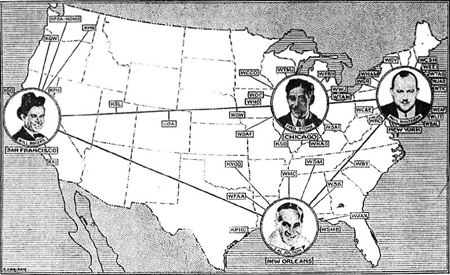
Bruce Lenthall discusses the challenges and opportunities of teaching radio history to a generation of students for whom even the metaphors we often use to think about radio's early history no longer resonate.
Read more »
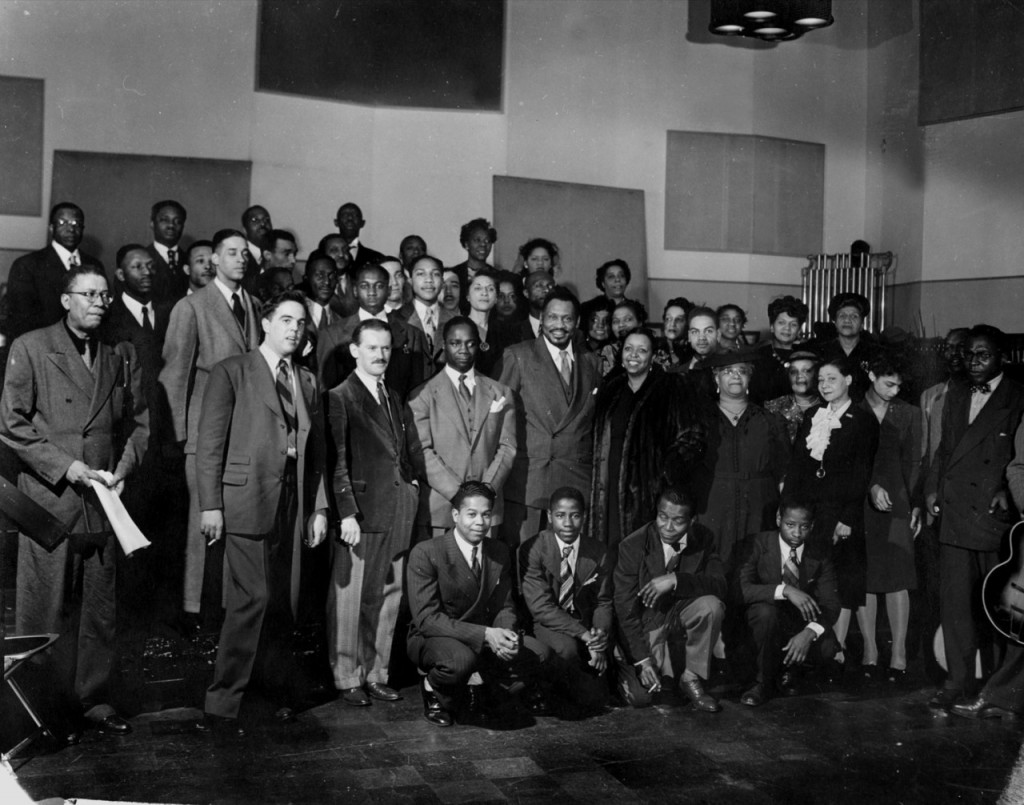
As part of a forthcoming history of the radio feature Michele Hilmes shares her discovery of the supposedly lost Langston Hughes radio play, "The Man Who Went to War."
Read more »
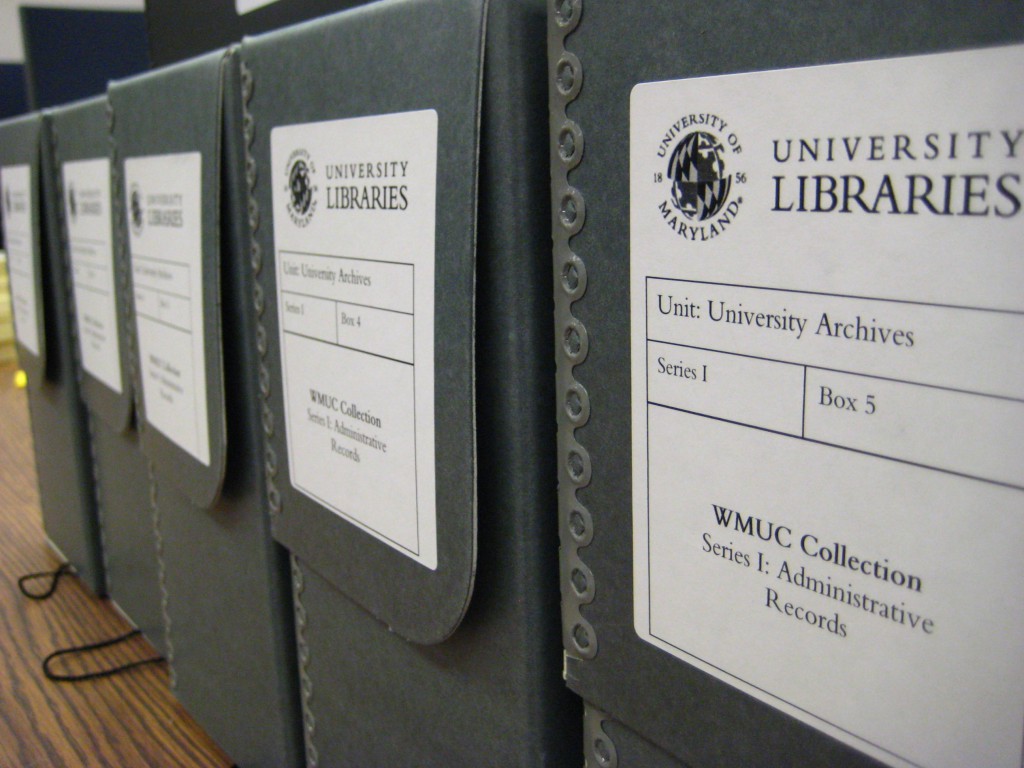
Laura Schnitker writes about the importance of saving college radio archives, as college stations have the built-in resources to both save their materials and provide public access to them.
Read more »
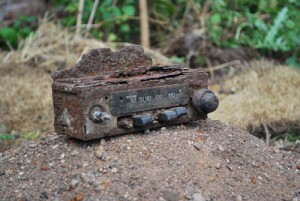
Peter Schaefer writes about the public face of radio preservation, making a case for acknowledging what's been lost to the ages while simultaneously showcasing what's been found.
Read more »

How did post-World War II female detectives balance authority and femininity on the radio? Catherine Martin writes about knowledge of urban geography as the source of a detective's power in "Candy Matson."
Read more »
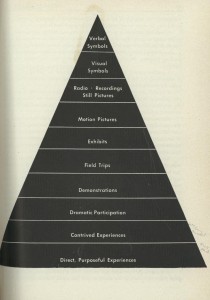
What makes technology educational? Brian Gregory prompts this inquiry in his consideration of how Edgar Dale's ideas about sensory learning fit into the history of educational radio and ed tech.
Read more »
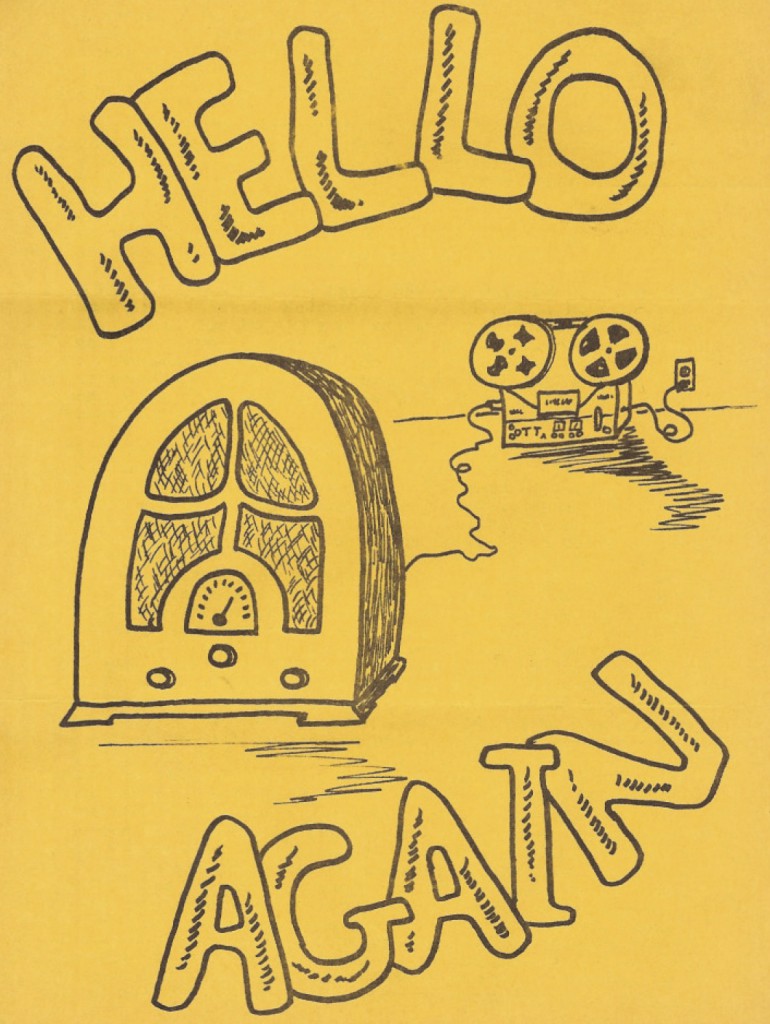
Eleanor Patterson explores the history of hobbyists who collected and traded recordings of classic radio programs in the 1950s, 60s and 70s, considering the cultural significance of a US bootleg radio culture.
Read more »
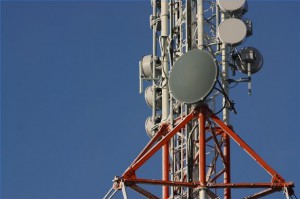
Broadcasters are paying top-dollar for the last useable scraps of the FM spectrum. John Anderson explores the booming market in translator stations and their implications for diversity on the dial.
Read more »
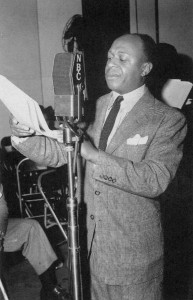
75 years ago, African-American radio actor Eddie Anderson parlayed his “Rochester” role into intermedia stardom in film and popular culture.
Read more »

In the aftermath of the gun violence of January 2011, Tucson’s KXCI community radio responded with music and locally-produced pubic affairs podcasts. The University of Arizona's Mary Beth Haralovich explores how KXCI’s “real people, real radio” format helped people to grieve and to heal.
Read more »

Locating and making publically accessible radio broadcasts and their supporting archival documents mitigates the generalized understandings that radio broadcasting’s past was a “mass” media of little variety, low quality and limited engagement.
Read more »
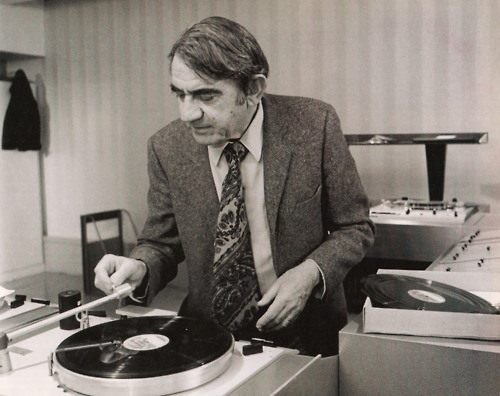
Josh Shepperd and Chris Sterling discuss a new national preservation initiative by the Library of Congress.
Read more »